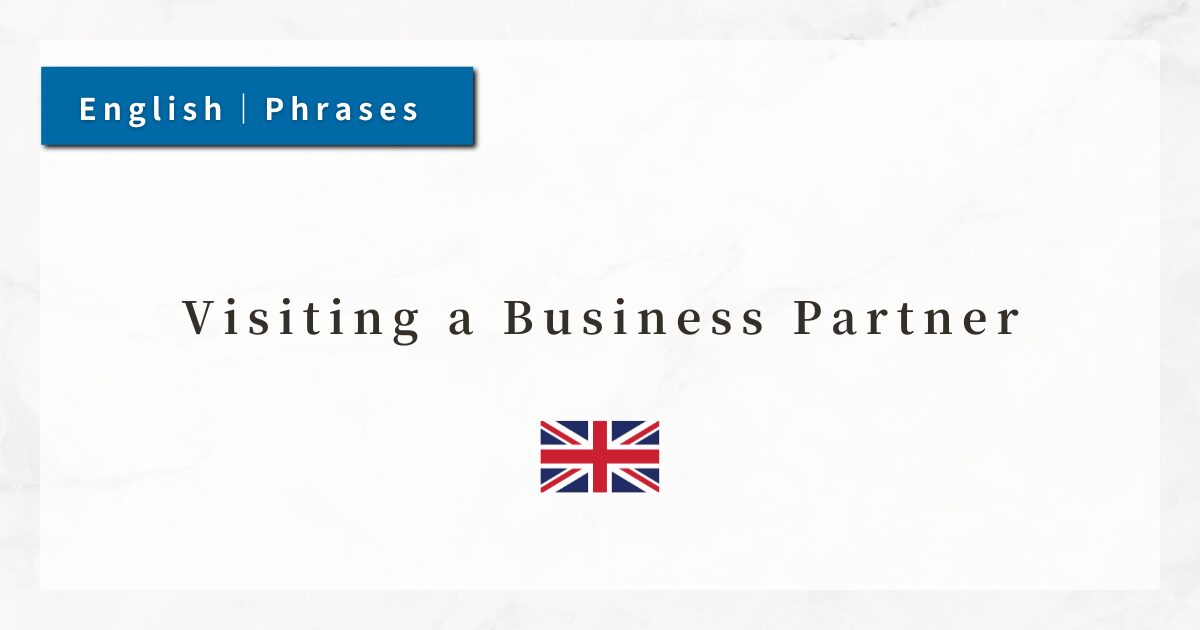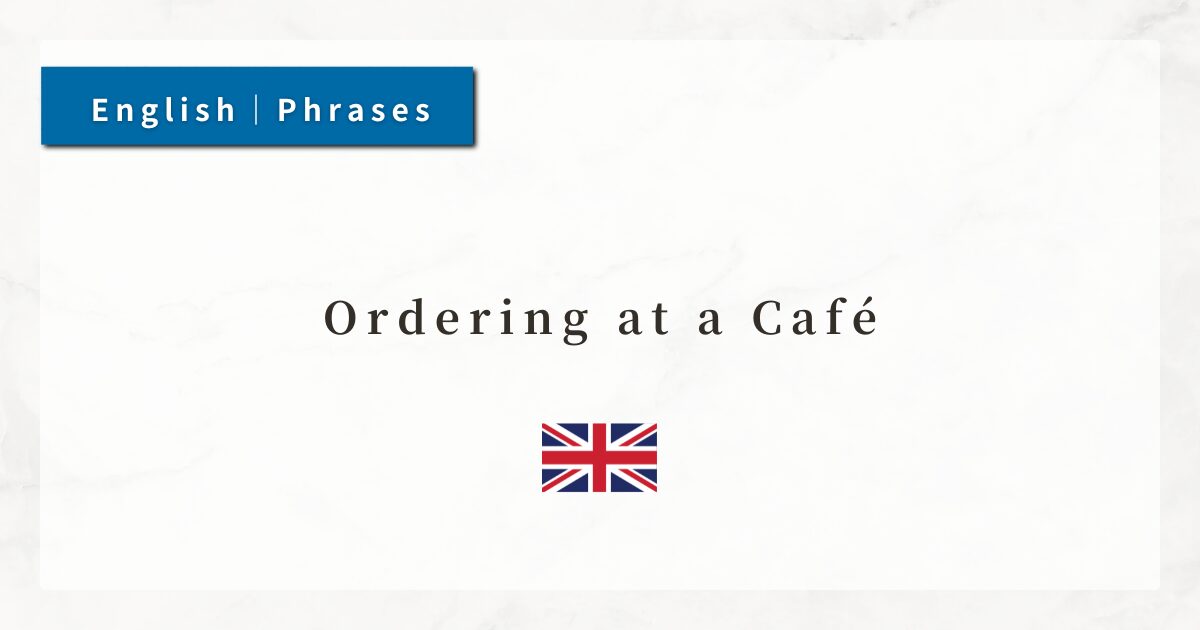#27 Visiting Museums|Useful English Phrases for Sightseeing

Visiting museums while traveling is a wonderful way to experience the culture and history of a place.
In overseas museums, it is common to communicate in English regarding admission procedures or information about exhibitions.
In this article, I explain useful English phrases for visiting museums and expressions that help your conversations go smoothly, organized by situation.
Dialogue

Hi, is there a recommended order to see the exhibitions?

Yes, I’d suggest starting with the permanent collection on the first floor.

That sounds good. How long does it usually take to go through it?

About an hour, depending on how closely you look at the works.

Are audio guides available in English?

Yes, you can rent one at the information desk near the entrance.

Thank you. That will help me understand the exhibits better.
1. Asking About the Best Way to See the Exhibitions
In many museums, there are permanent collections and special exhibitions, and visitors may wonder where to start. The following expression is useful in such situations.
- Is there a recommended order to see the exhibitions?
The phrase “recommended order” means “the suggested order” and can be used in museums, galleries, exhibitions, and similar places.
- Is there a recommended route through the museum?
- Is there a recommended way to start the tour?
2. Confirming How Long the Visit Will Take
When visiting a museum, it is also important to check how much time the visit will take.
- How long does it usually take to go through it?
The phrase “go through” means “to see or check everything from beginning to end.” It is commonly used not only for exhibitions, but also for documents or materials.
- go through the exhibition
- go through the document
Typical answers about the required time include the following:
- It takes about an hour.
- It depends on how you look at the works.
Using “depend on ~” allows you to express that the time varies depending on the person or situation.
3. Asking About Audio Guides and Services
Museums often provide additional services such as audio guides or brochures. To ask whether these services are offered, the word “available” is very useful.
- Are audio guides available in English?
“Available” is a versatile word used to ask whether something can be used or obtained.
- Are guided tours available today?
- Is an English brochure available?
4. Expressing Thanks and Adding a Polite Comment
After receiving information, adding a brief comment along with “thank you” makes the conversation sound more natural and polite.
- Thank you. That will help me understand the exhibits better.
The structure “help me + verb” is useful for explaining your purpose or expectation.
- That will help me plan my visit.
- It helps me appreciate the artwork more.
Summary
- Is there a recommended order to ~?
→ Used to ask about the best order for viewing exhibitions or tours. - How long does it usually take to ~?
→ A phrase for estimating how much time a visit will take. - Are ~ available?
→ Useful for checking the availability of services such as audio guides or tours. - That will help me ~.
→ A polite way to respond by adding a reason or personal comment.




